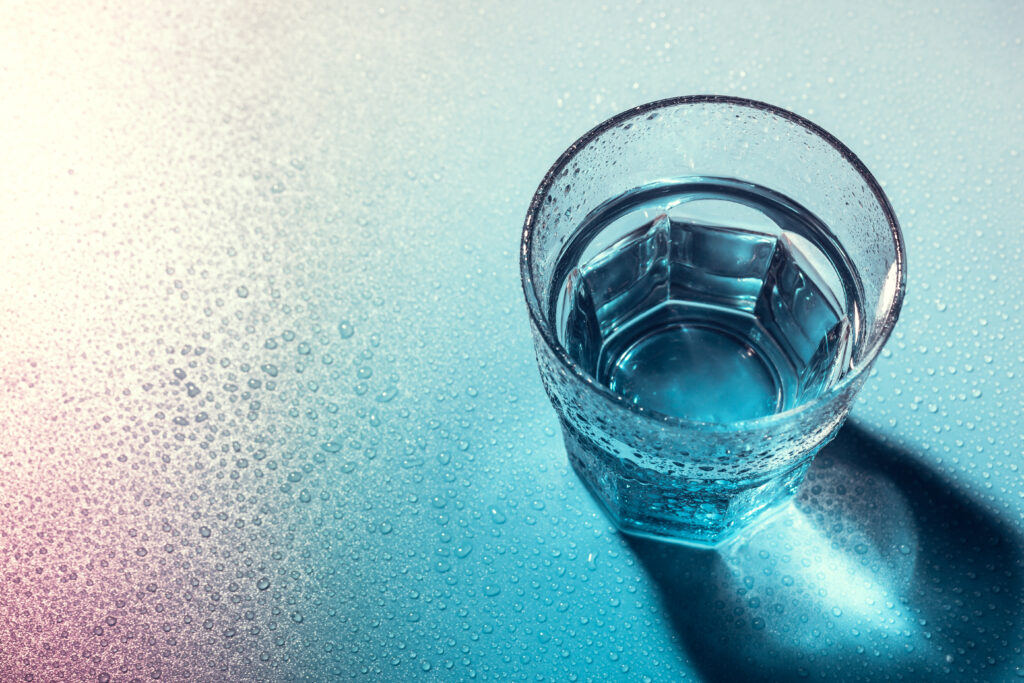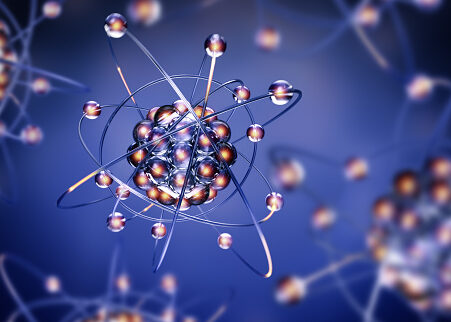What is Hydrogen Water?


- Hydrogen water, also known as hydrogen-rich water or hydrogen-infused water, is water that has been infused or enriched with molecular hydrogen gas (H2). Molecular hydrogen is a colorless, odorless, and tasteless gas composed of two hydrogen atoms.
- Research on the potential health benefits of hydrogen water has been growing in recent years. Advocates claim that hydrogen water acts as a powerful antioxidant, helping to neutralize harmful free radicals in the body and reduce oxidative stress. Some proposed benefits of drinking hydrogen water include improved athletic performance, enhanced recovery after exercise, anti-inflammatory effects, and potential benefits for various health conditions such as metabolic syndrome, diabetes, and neurodegenerative diseases.
- However, it’s important to note that while some studies have shown promising results, the scientific evidence supporting the health benefits of hydrogen water is still evolving, and more research is needed to fully understand its effects on human health. Additionally, the concentration of hydrogen in hydrogen water can vary depending on the production method and storage conditions, which can impact its effectiveness.
What is Hydrogen Molecule?

Atom/Healthy Molecule:
- An atom is the smallest unit of an element that retains the properties of that element.
- A healthy molecule refers to a stable molecule composed of atoms that are held together by strong chemical bonds. These molecules play crucial roles in various biological processes and are essential for maintaining the structure and function of cells and tissues.
Free Radical/Damaged Molecule:
- A free radical is an atom or molecule that has an unpaired electron, making it highly reactive. Free radicals can be generated in the body through normal metabolic processes or external factors such as exposure to radiation or toxins.
- When free radicals react with other molecules, they can cause damage by stealing electrons from them. This process, known as oxidative stress, can lead to cellular damage and is associated with various diseases and aging.
Antioxidant:
- An antioxidant is a molecule that can neutralize free radicals by donating electrons without becoming unstable itself.
- Antioxidants help protect cells from the damaging effects of oxidative stress. They play a crucial role in maintaining cellular health and are found in various foods, such as fruits, vegetables, and nuts.
- In the context of antioxidants, hydrogen can be relevant because molecular hydrogen (H2) has been studied for its potential antioxidant properties.
- Molecular hydrogen may act as an antioxidant by selectively neutralizing harmful free radicals and reducing oxidative stress in the body. It can also have anti-inflammatory effects.
- Examples of antioxidants include vitamins C and E, beta-carotene, and certain minerals like selenium.


